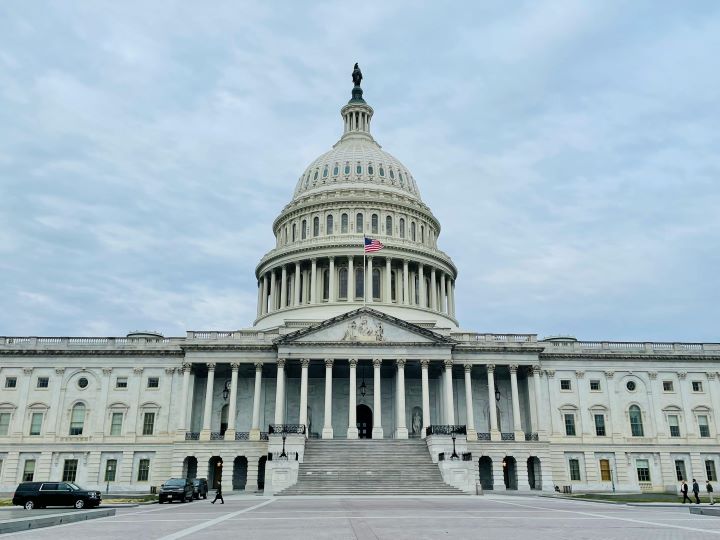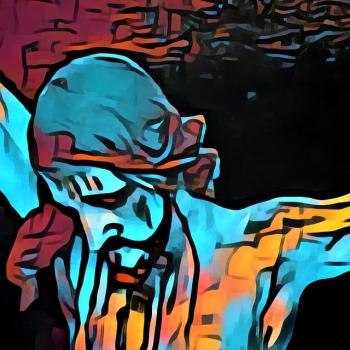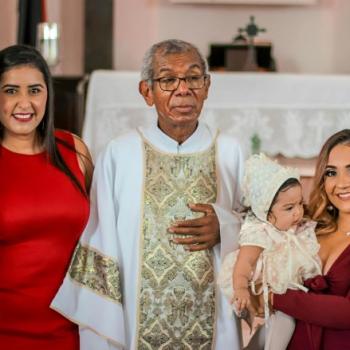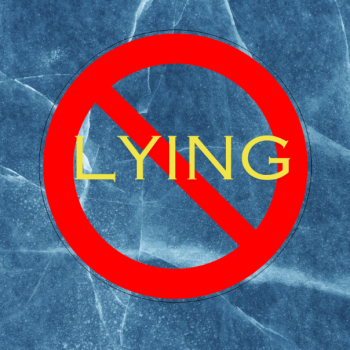The Supreme Court heard arguments from the Justice Department and Joseph Fischer’s legal team today, April 16. Should the Department of Justice have charged Fischer for his participation in the attack on the U.S. Capitol on January 6, 2021?
I believe that when an event occurs for the first time, it is not the time to narrow the interpretation of a law or ruling
Note that I have no legal background and relied on the Washington Post’s excellent coverage to learn what was happening.

Obstruction of Justice
Many of us likely see the rioters’ January 6, 2021 attack on the U.S. Capitol as obstructing justice. The joint session of Congress was meeting under Vice-President Pence’s supervision to count the electoral votes that represent each American’s vote in the 2020 presidential election.
Obstruction of Justice is the name of U.S. Code Title 18, Part I, Chapter 73. Twenty-one sections further unpack the meaning and circumstances for obstructing justice. As I understand the relevant section, a person is not supposed to interfere with a legal procedure by influencing jurors, stealing records, retaliating against victims, making it impossible for a government agency to conduct an audit, and so on.
The Argument
Joseph Fischer is a former police officer from Pennsylvania who the Justice Department charged with obstructing the certification of electoral votes from the 2020 election on January 6, 2021. The prosecution of many Jan. 6 cases against the rioters used this subsection of Section 1512, which reads as follows,
(c) Whoever corruptly—
(1) alters, destroys, mutilates, or conceals a record, document, or other object, or attempts to do so, with the intent to impair the object’s integrity or availability for use in an official proceeding; or
(2) otherwise obstructs, influences, or impedes any official proceeding, or attempts to do so (italics added), shall be fined under this title or imprisoned not more than 20 years, or both.
The Justice Department believes that 1512 (c)(2) covers the attempt to disrupt or stop the counting of electoral votes on January 6. Joseph Fischer’s attorney argues that all of part (c) is about documents or other objects, including (2). While there are some rioters that day who took documents, for the most part, documents and objects were not part of the riot and attack.
Section 1512, Subsection (c)
My understanding is that Subsection (c) was added to Section 1512 after the Enron scandal in 2001. Enron went bankrupt after lying to the world about how financially sound the company was. Arthur Andersen, Enron’s accounting firm, shredded Enron financial documents before the court case. Congress added (c) to address this type of behavior.
In addition to this subsection, the Enron scandal led to other legislation from Congress to create additional company oversight.
Precedent in Unprecedented Situations
When a case comes to court, the prosecution and defense lawyers use precendent or other related, authoritative cases from the past as part of their arguments. The use of precedent helps the court system to administer the law in as consistent a manner as possible.
When an event like the Enron fraud or the January 6th attack on the Capitol occurs, there is not as much precedent that lawyers can use. These cases deal with something unique.
The U.S. Congress cannot pass laws to cover every possible wrongdoing that could happen. Otherwise, members of congress would have to imagine problems such as “In a volcanic eruption, a property owner cannot build a barrier that channels lava onto other persons’ property.” They do not have time. When something occurs that has not happened before, the courts do not have the same number of cases to reference as for more everyday charges.
I think that Section 1512, subsection (c) (2) covers other unanticipated ways that people can obstruct justice. We will see how the court rules, perhaps in June.
















